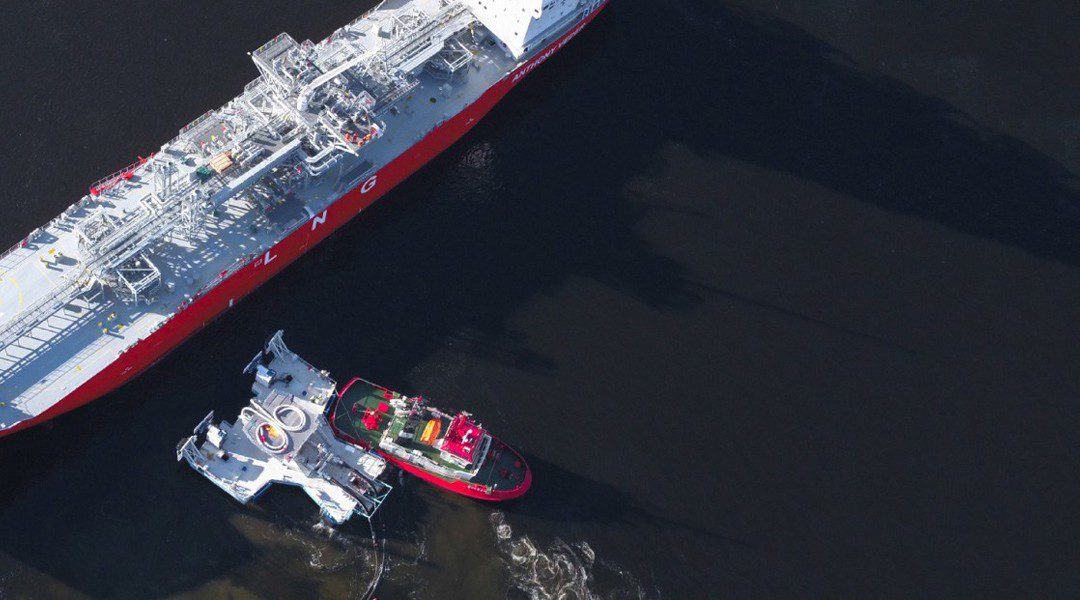GLOBAL schedule reliability declined in April 2022 by 1.3 percentage points to 34.6 per cent, compared to the previous month, according to analysts at Sea-Intelligence.
On a year-to-year basis, schedule reliability was down 4.7 percentage points. ‘This means that the 2022 score has been slightly below the 2021 level in each of the first four months,’ according to Sea-Intelligence’s latest Global Liner Performance (GLP) report, which covers schedule reliability across 34 different trade lanes and more than 60 carriers.
‘Global schedule reliability seems to continue to follow the trend seen in 2021, with schedule reliability within a small range but at a slightly lower report base,’ said Alan Murphy, CEO of Sea-Intelligence.
The average delay for LATE vessel arrivals decreased once again, this time by 1.04 days to 6.41 days in April 2022. This is the first time that the delay figure has dropped below the 7-day mark since August 2021. That said, it continues to be the highest across each month when compared historically.
With schedule reliability of 47.5 per cent, Maersk was the most reliable carrier in April 2022. Next highest was Maersk subsidiary Hamburg Sud with a schedule reliability of 42.5 per cent. There were six carriers with schedule reliability of 30 per cent to 40 per cent and six with schedule reliability of 20 per cent to30 per cent.
‘In April 2022, once again, a lot of the carriers were very close to each other in terms of schedule reliability, with 11 carriers within 12 percentage points of each other. Wan Hai had the lowest schedule reliability in April 2022 of 21.7 per cent. On a year-on-year level, only four of the top-14 carriers recorded an improvement in schedule reliability in April 2022, with the largest improvement of just 2.3 percentage points,’ Mr Murphy pointed out.






